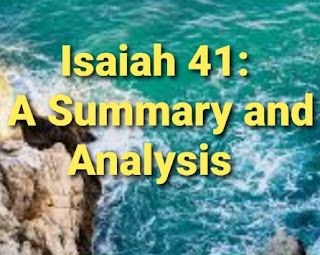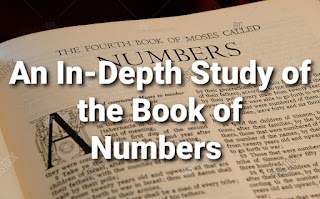Isaiah 41: A Summary and Analysis

I. Setting and Outline The Hebrew Bible and Old Testament include Isaiah 41 as a part of the Book of Isaiah, which contains numerous prophecies attributed to the prophet Isaiah. This book can be partitioned into three principal segments, and Isaiah 41 falls inside what researchers frequently allude to as Second Isaiah or Deutero-Isaiah, sections 40-55, which center generally around the solace for the banished Jewish individuals in Babylon and the commitment of their re-visitation of Jerusalem. II. Key Subjects 1. The Power of God : The part starts with a court scene where God is portrayed as an appointed authority, demanding an explanation from the countries and pronouncing His sway over the earth. It underlines God's command over history and His ability to raise and cut down countries as per His motivations. 2. The Commitment of Help and Recovery: Vital to Isaiah 41 is the commitment that God will uphold and safeguard His picked individuals, Israel...



